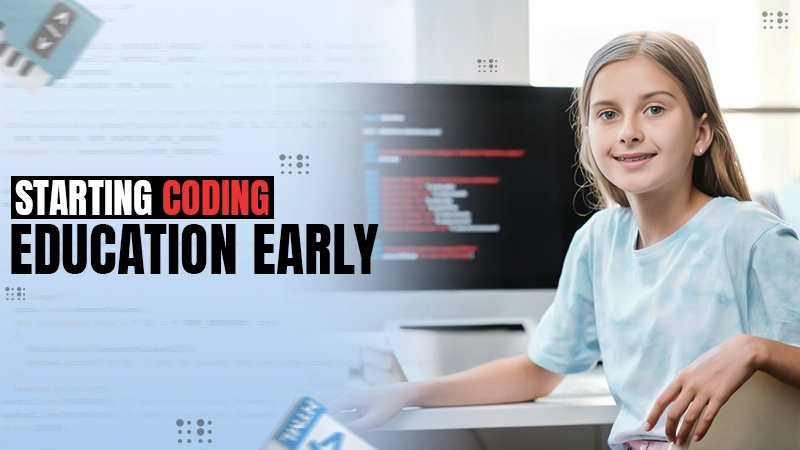Project-based learning offers many great opportunities for kids, children, and young adults. It gives students a more active role in the learning process and allows for boosting creativity. It also creates a space for the exploration and development of essential skills. It prepares for the future and helps to become better at DIY as well.
Here are the main ways school projects help to develop DIY skills that will come in handy in the future.
Time Management
It is a necessary skill for everyone to train. You’ll need it to finish your DIY furniture restoration or to navigate college and employment. A cautious approach to scheduling, setting deadlines, and prioritizing helps to stay productive and balanced.
Lack of time management skills is something a lot of students struggle with. They have to deal with college curriculum, social life, and part-time work. It might be hard to juggle everything at once. No wonder many students keep forgetting about important deadlines or get to writing an essay too late. In such cases, a professional paper writing service like writepaper.com comes to the rescue. Here one can get instant help with college assignments when needed.
Academic authors help to write, edit, and proofread any type of college paper, whether it is an essay or case study. As they are experienced in this, they can nail any subject much faster. So when students need high-quality help, there is help out there.
Yet, it is crucial to learn time management in general. And this is what project-based learning endorses. As learners get to prepare a draft plan of activities, set deadlines, and manage tasks.
Creativity
Probably one of the main skills that school projects develop is creativity. It might seem like an easy skill to have for some. Yet, when you get to work based on it every day, it is much more complicated.
For instance, if you are interested in design projects, you need to be able to generate innovative ideas and solutions constantly. One cannot just sit and wait for inspiration. This is what makes any creative job difficult, whether it has to do with DIY or writing.
Luckily, school projects can help to train that. The more you exercise the skill, the easier it gets. And creativity is not only about painting or writing; it comes in various forms like elegant math solutions.
Multiple Perspectives
One of the best things about such educational methods is that they can have a free form. For example, you need to make a presentation on a historical figure. Sounds quite simple.
Yet, there are multiple ways to approach it, namely:
- PowerPoint presentation;
- Diorama;
- Event reenactment;
- Art based on the subject;
- Poems;
- Novels, etc.
This is just the form of the presentation. There are also multiple nuances and perspectives when it comes to the information and context. Assignments with the opportunity to explore the topic from different sides help to become more critical thinkers.
You also get to see multiple sides of anything. And this is particularly important for DIY. In many cases, simple DIY projects come from a new perspective on a common item. For example, broken dishes or cups can become flower pots. A ladder can be transformed into a bookshelf and so on. It is about seeing something trivial from another point of view.
Divergent Thinking
DIY often requires unusual or untraditional usage of materials and resources. This skill also can be trained by school projects. When students receive a limited amount of time and resources, they have to work with what they have. And to implement their vision, they get to use resources in more creative ways.
So the limitations here help to think outside the box. For example, the assignment is to write a short story. Every learner gets the same exact list of words to use and the same time limit. But as a result, everyone writes a completely different story. Someone creates a poem, another student can craft a horror story, and others might work on a fairytale.
It is a matter of divergent thinking – being resourceful with materials and what you have.
Organization
Organizational skills are used for DIY in many aspects, such as:
- Project management;
- Supply of materials;
- Budget management;
- Setting workspace;
- Doing things effectively.
It is also something you learn from practice. The school project sets the task. Pupils need to evaluate it, understand the assignment, and analyze the requirements. After that, they do research and plan their actions. They learn to follow the plan, prioritize, and execute tasks.
In general, it is about the logical and organized approach to any activity.
Collaboration
In many cases, DIY is an individual activity. But there are times when you get to create something in collaboration. Maybe the project requires two pairs of hands, or maybe you need to order specific tools or supplies.
It is important to be able to collaborate productively and efficiently. It means clear communication but also a delegation of tasks and responsibilities. If you are renovating a dorm room with your roommate, you need to work together and come to a common ground on all details.
Problem-Solving
Another thing school projects and DIY have in common is that they are aimed at solving a particular problem. There is one issue that needs to be addressed, and you need to find the right way to do it.
Project-based learning makes pupils active participants that need to solve specific tasks. It can be a science-fair presentation, creative writing piece, or historical research. In any case, it gives space for finding new ways and innovative solutions.
In Summary
Project-based learning helps to develop a specific set of skills necessary for the future in general and useful for DIY. It helps to become a better organizer, properly manage time and resources, and train creative vision. It also boosts divergent thinking, which is at the core of altering spaces and transforming common items into new things.
And it helps to become more confident in one’s creativity and ability to find solutions to specific problems.








